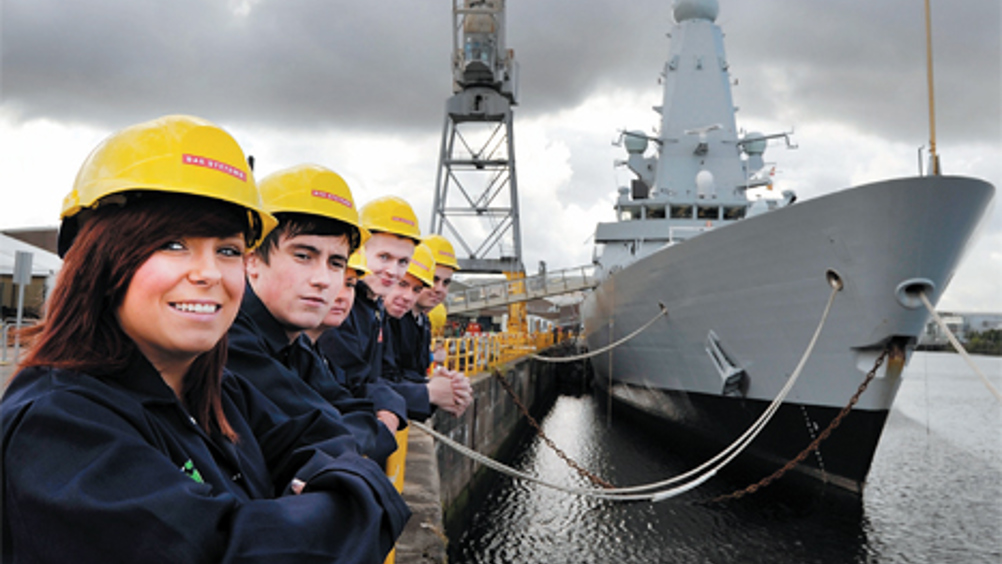Sense of potential
Only a small proportion of UK engineers are female. Jon Excell considers how this gender imbalance is being addressed

Take a stroll across the factory floor or through the design office of any UK engineering company and there is one demographic certainty: you won’t see many women.
Engineering is, of course, no longer an exclusively male domain, and there are many examples of women succeeding at the very highest levels of the industry. But, with just 8.7 per cent of the UK’s engineering workforce female, there remains a huge gender imbalance at the heart of industry.
What’s more, despite numerous efforts to address this there are few recent signs of improvement. According to one of the latest industry snapshots, the IET’s Skills and Demand in Industry survey, the number of women entering engineering has flatlined. ’We’ve done this since about 2006 and unfortunately it hasn’t improved at all over that time – it’s a pretty grim statistic,’ said Paul Davies, the IET’s head of policy.
So given the reported demand for around 600,000 new engineers over the next decade and an apparently widespread acknowledgement that more females could address this requirement, why are there so few women in engineering?
Register now to continue reading
Thanks for visiting The Engineer. You’ve now reached your monthly limit of premium content. Register for free to unlock unlimited access to all of our premium content, as well as the latest technology news, industry opinion and special reports.
Benefits of registering
-
In-depth insights and coverage of key emerging trends
-
Unrestricted access to special reports throughout the year
-
Daily technology news delivered straight to your inbox











UK Enters ‘Golden Age of Nuclear’
Anybody know why it takes from 2025 to mid 2030's to build a factory-made SMR, by RR? Ten years... has there been no demonstrator either? Do RR...